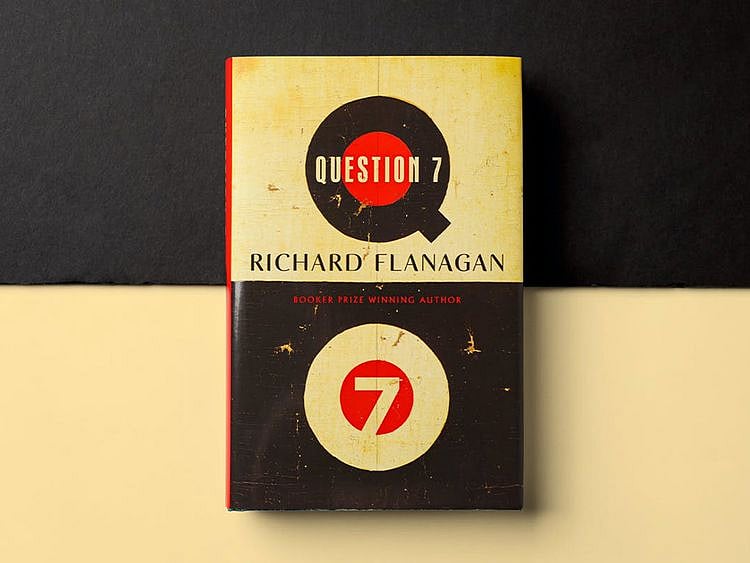Book review Question 7: From Hiroshima’s horrors to heart-stopping rapids
How the Booker Prize winner Richard Flanagan turned a tragedy into literary gold

From the clandestine affair between H. G. Wells and Rebecca West during the 1930s, traversing the realm of nuclear physics, to Richard Flanagan’s father toiling as a slave laborer near Hiroshima during the fateful atom bomb drop, Question 7 brings a brilliant world to life.
This unconventional narrative thread weaves its way through time and space, culminating in a pivotal moment when Flanagan, in his youth, becomes ensnared in the tumultuous currents of a wild river, uncertain of his fate.
Simultaneously a poetic ode to his island homeland and a tribute to his parents, this mesmerizing fusion of dreams, history, literature, locale, and memory delves into the notion that reality is seldom crafted by realists. Instead, our lives often emerge from the narratives of others and the stories we construct about ourselves.
Also Read
Weekend Read: ‘As long as the lemon trees grow’ symbolises hopeWeekend Read: From Maugham to Manipulation — Tan Twan Eng’s artful narrativeInside the gripping dystopia of ‘Prophet Song’ — A literary masterpiece of 2023Richard Flanagan, from Tasmania, Australia, is a versatile creator—author, historian, and film director. The recipient of the prestigious Booker Prize, Flanagan is one of the most important writers of our times.
His latest offering Question 7 stands distinct in its structure and cognitive thread, intersecting the realms of fiction and reality. It serves as a profound meditation on one man’s past and the historical forces converging in his existence.
Visage of facts and history
While novels can evoke poignant and transcendent tales solely from an author’s imagination, there’s a unique, almost miraculous quality when such transcendence is drawn from the unyielding visage of facts and history.
In Question 7, Richard Flanagan accomplishes this magic trick, embarking on a profound journey that meanders through both monumental and subtle tragedies—from the skies above Hiroshima to the rivers of Tasmania.
Grab the book this holiday season to unwind to Hiroshima — 8:15 am on August 6, 1945, an unparalleled, history-altering act of warfare that witnessed 60,000 Japanese lives ascending to the heavens.
Ahmad Nazir is a UAE based freelance writer
Sign up for the Daily Briefing
Get the latest news and updates straight to your inbox
Network Links
GN StoreDownload our app
© Al Nisr Publishing LLC 2025. All rights reserved.